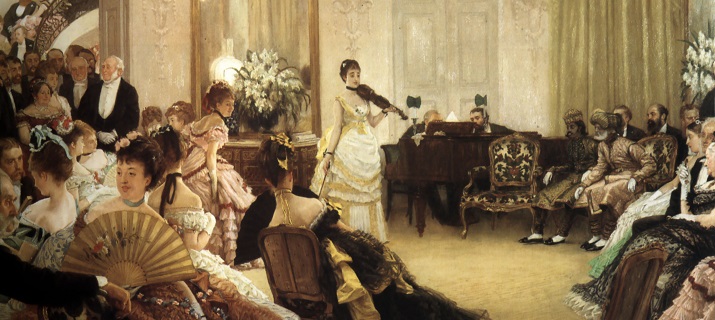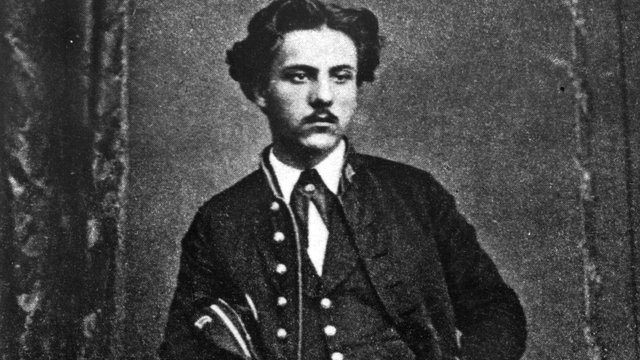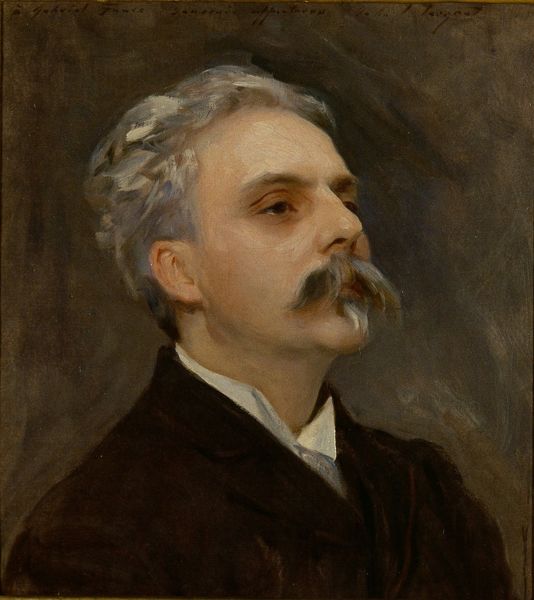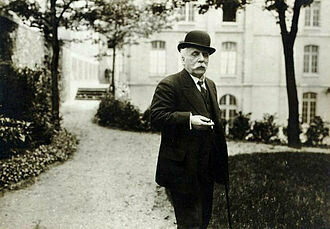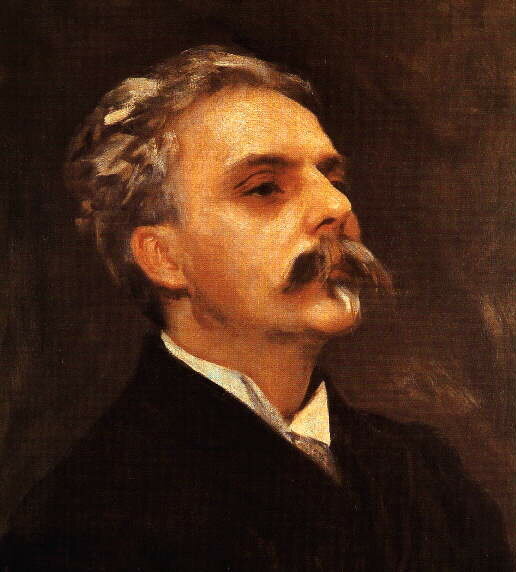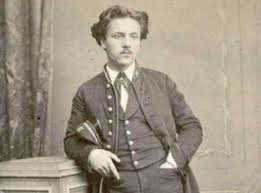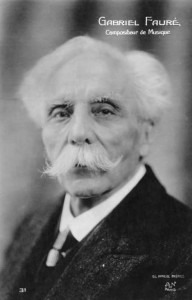A good many commentators consider Gabriel Fauré the “greatest master of French song.” He composed stylish and elegant melodies, etched with sleight-of hand urbanity. His music flows effortlessly, “magically combining Monet’s liquid cool with the warmth of a Pisarro landscape.”
Faure
Contemporary accounts all agree that Gabriel Fauré was extraordinarily attractive. “He had a dark complexion, a somewhat distant expression of the eyes, a soft voice and gentle manner of speech that retained the rolled provincial ‘r’, and a simple and
“Music Exists to Elevate Us Above Everyday Existence” In 2020 we celebrate the 175th birthday of Gabriel Fauré (1845-1924). Rightfully considered the most advanced French composer of his generation, his highly personalized musical style, reflected in soulful modal melodies and
French composer Gabriel Fauré (1845-1924) had his musical talent recognized early and went on to become one of the most advanced and influential composers of his time. He held a number of church position as organist, and in 1871, he
Towards the end of his life, Gabriel Fauré struggled with increasing frailty and deafness. In fact, sounds had become seriously distorted, with high and low notes “sounding painfully out of tune.” When Prince Albert I of Monaco approached Fauré in
Gabriel Fauré didn’t like giving his works revealing names. He once said that he’d rather name every work ‘Piano Piece No. …’ than commit to a name. Commercialization in the person of his publisher defeated him and so we have
“Minors of the Majors” invites you to discover compositions by the great classical composers that for one reason or another have not reached the musical mainstream. Please enjoy, and keep listening!
“Minors of the Majors” invites you to discover compositions by the great classical composers that for one reason or another have not reached the musical mainstream. Please enjoy, and keep listening!


